The United Nations Sustainable Development Goals (SDGs) are a global call to action—uniting us to tackle some of the world’s most pressing challenges and create positive change for both people and the planet.
Plastic pipes play a vital role in helping achieve these goals by 2030, supporting sustainable infrastructure, clean water access, and resilient communities.
Discover how plastic pipes align with the SDGs.
Also, explore each SDG’s targets, indicators, progress, and insights to understand how they’re driving action toward a more sustainable future—and how individuals, industries, and communities can make a positive impact in achieving these global goals.
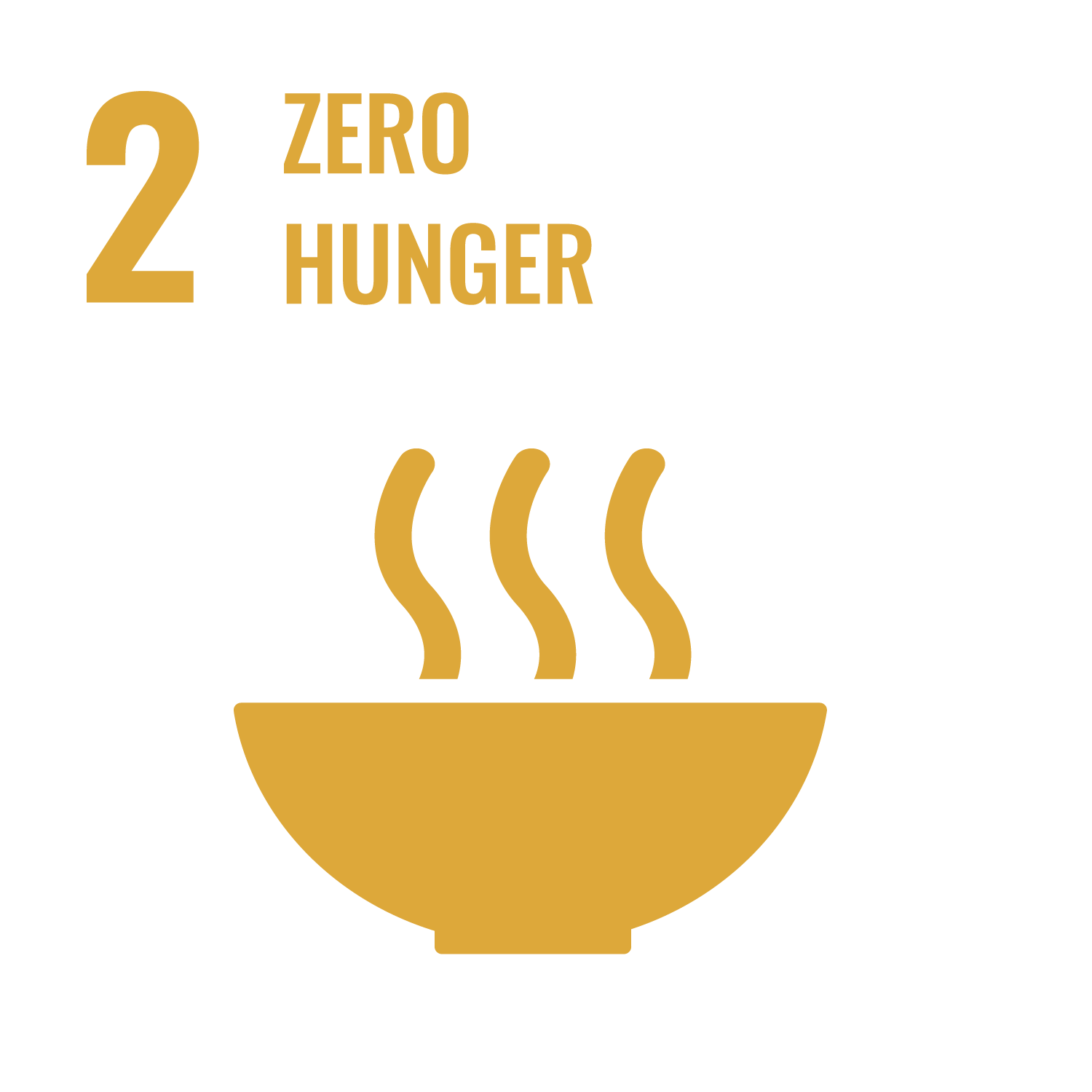
Plastic pipes play a key role in supporting Zero Hunger by enabling efficient, reliable irrigation systems that help grow food more sustainably. From improving water access in agriculture to supporting food security in rural and urban areas, plastic piping solutions contribute to resilient farming practices and increased crop yields.

Plastic pipes contribute to good health and well-being by safely delivering essential services like drinking water, gas, electricity, and internet to homes, as well as supporting food production through irrigation. They also play a critical role in protecting communities by safely carrying away sewage and stormwater.

Plastic pipes play a vital role in public health and well-being by safely delivering clean drinking water and providing secure, sealed systems to transport sewerage and stormwater away from homes. Their reliability helps protect communities and the environment from contamination and disease.
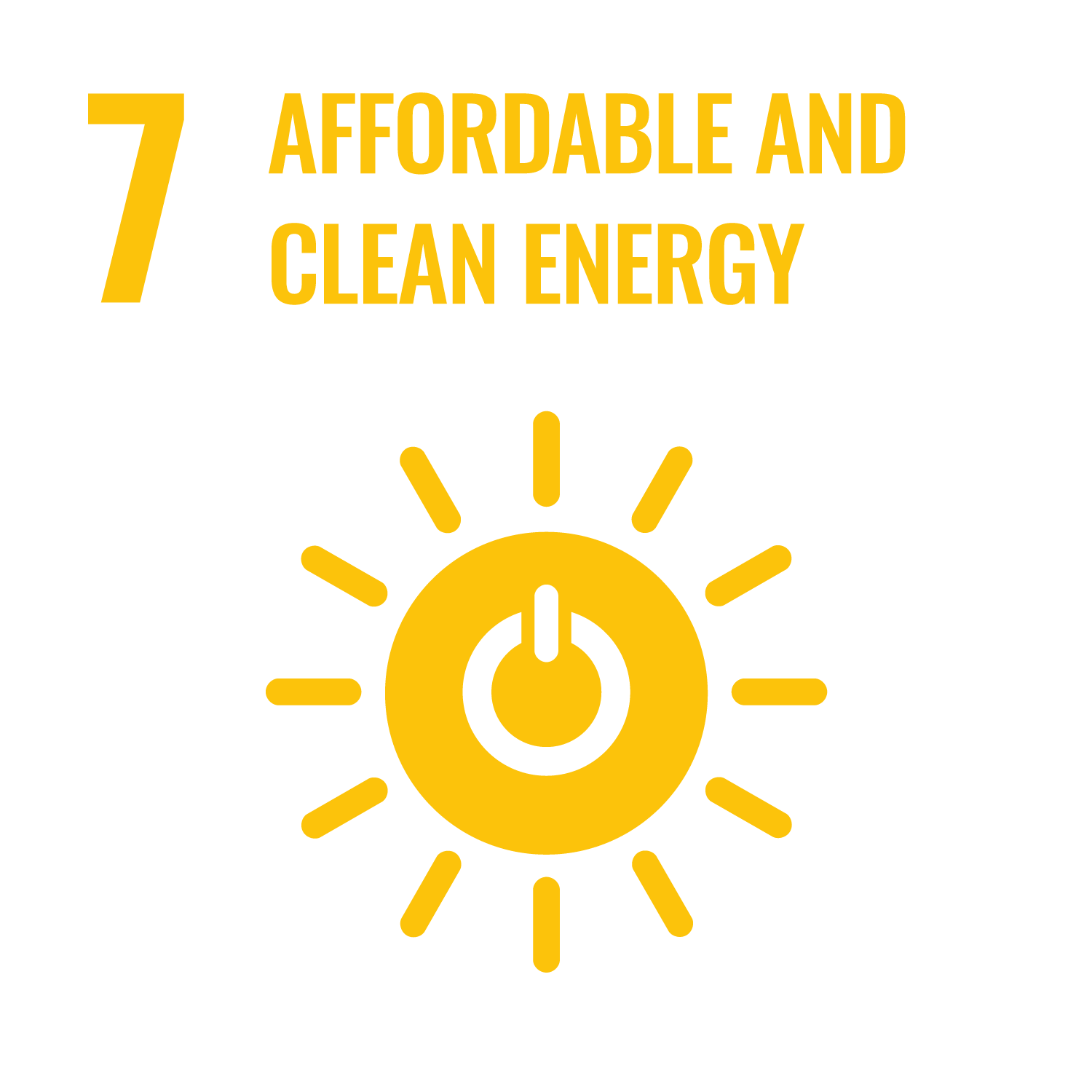
Plastic pipes help deliver essential services by safely housing the network of wires and cables that provide affordable and clean energy to homes. Their durability and insulation properties support reliable, long-term energy access while protecting infrastructure from environmental damage.

Plastic pipes are engineered for durability and long life, making them a smart, sustainable choice for infrastructure. With a lower carbon footprint compared to alternatives and the ability to be recycled, they support efficient use of resources while delivering long-term performance and value.
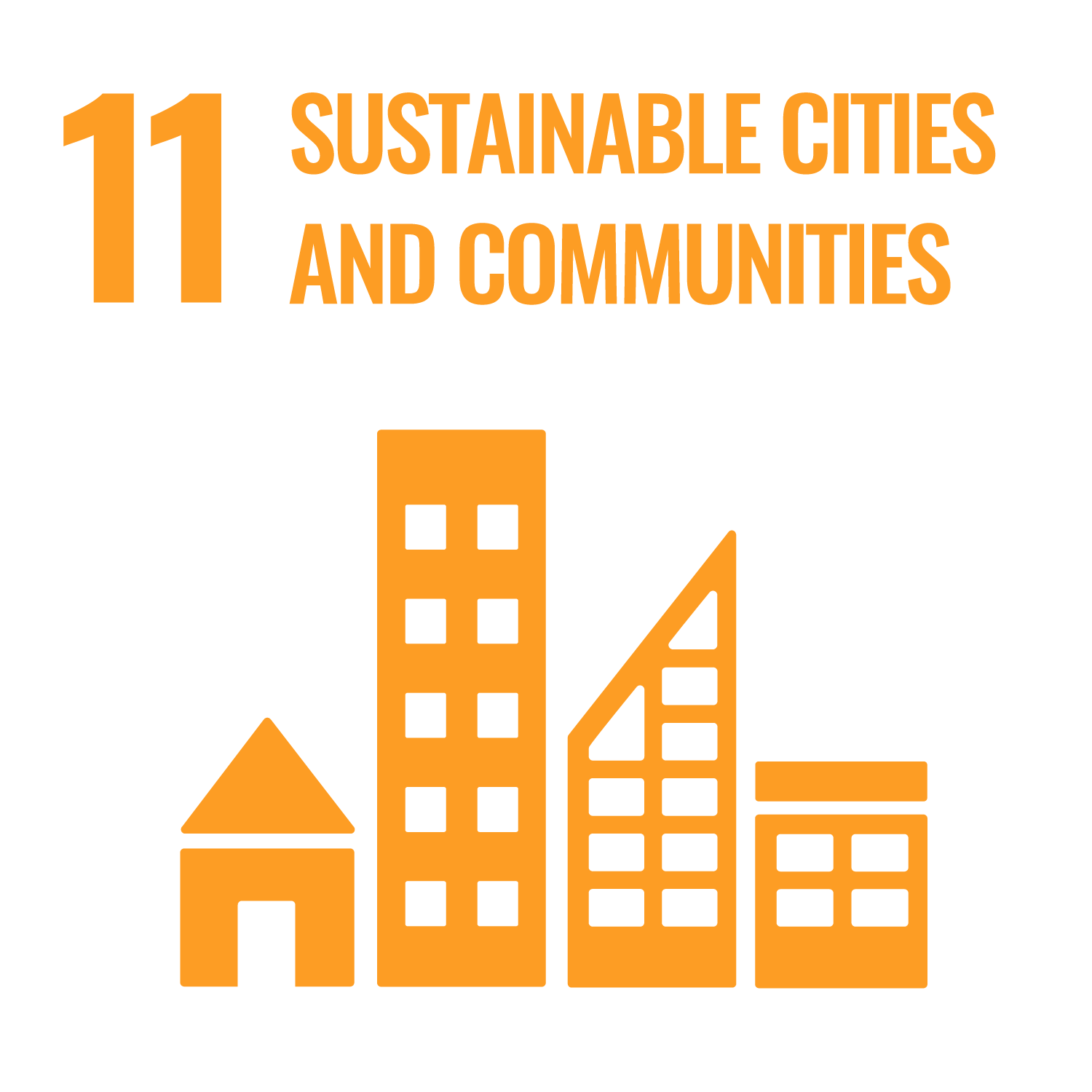
Plastic pipes help build cities that are cleaner, safer, and more resilient. Their long service life, recyclability, and lower carbon footprint compared to alternative materials make them a sustainable solution for essential urban infrastructure—supporting everything from water management to energy and communications.

Plastic pipe manufacturing is clean, efficient, and focused on minimising waste. With low emissions, in-process recycling of rework, and products that are fully recyclable and have a lower carbon footprint than alternatives, the industry supports more responsible and sustainable use of resources.

Plastic pipes support climate action with a lower carbon footprint than traditional alternatives and fully recyclable. The industry is committed to continuous improvement undertaking Environmental Product Declarations (EPDs) and Life Cycle Assessments (LCAs) to measure, understand, and reduce environmental impacts across the product life cycle.
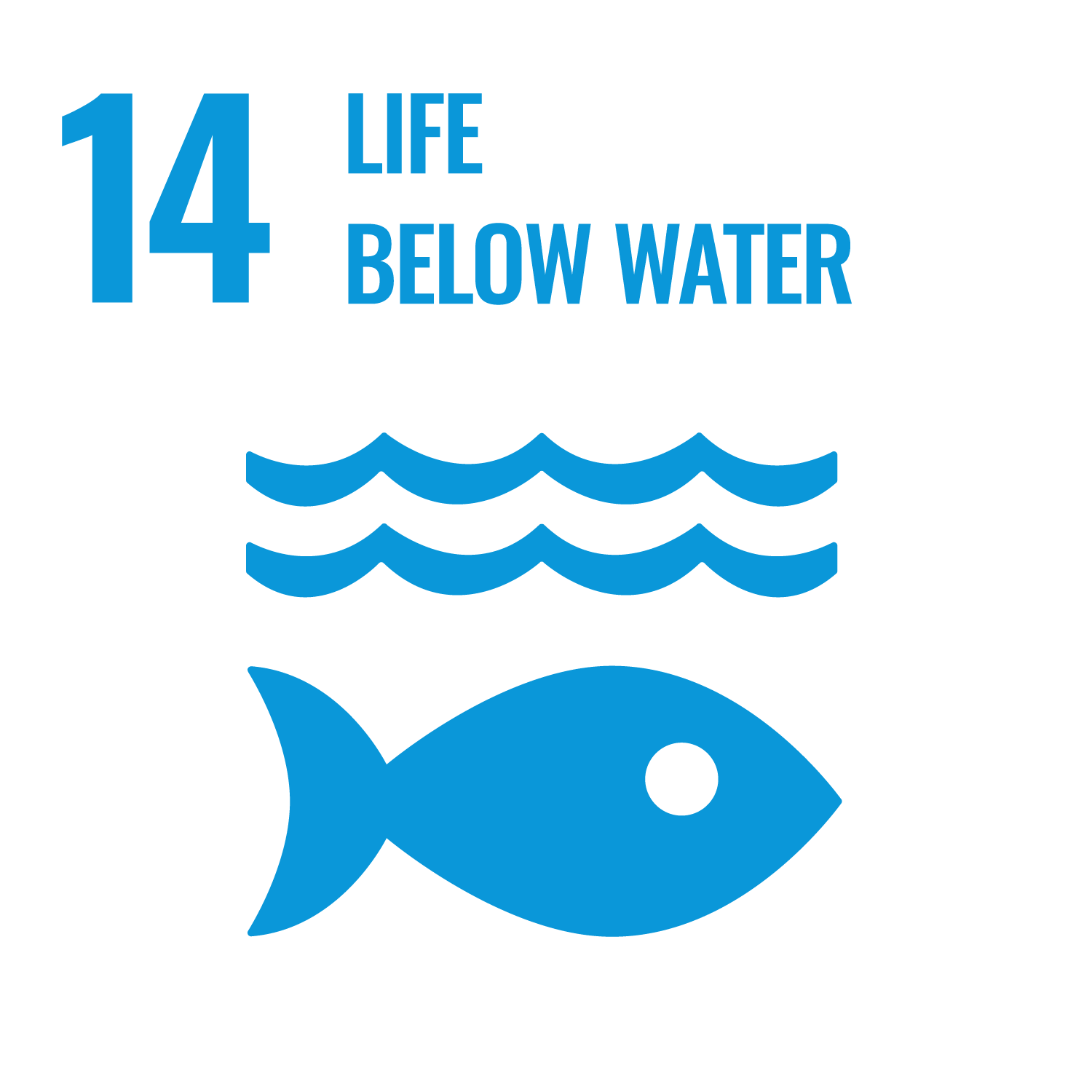
Unlike single-use plastics, plastic pipes are durable, long-life infrastructure products that aren’t discarded after short use. Designed for decades of service, they don’t contribute to marine pollution or end up in rivers and oceans—helping to protect aquatic ecosystems and water quality.
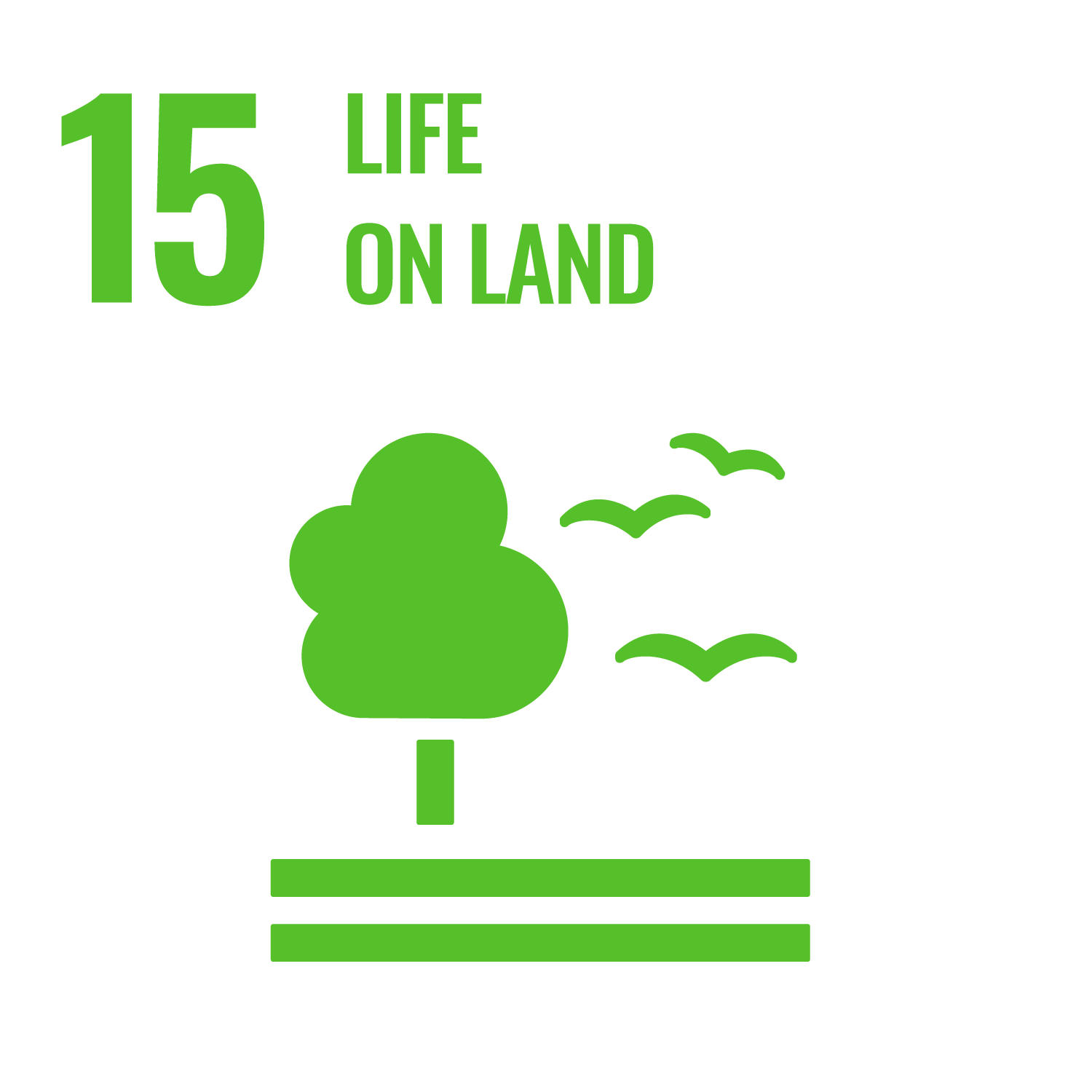
Plastic pipes are the global material of choice—engineered for strength, longevity, and recyclability. With a service life of over 100 years and a lower carbon footprint than alternatives, they reduce resource consumption and waste. Without plastic pipes, using alternative materials the environmental impact on land and ecosystems would be significantly heavier due to more frequent replacements, higher resource use, and greater emissions.